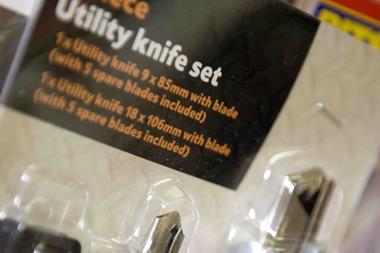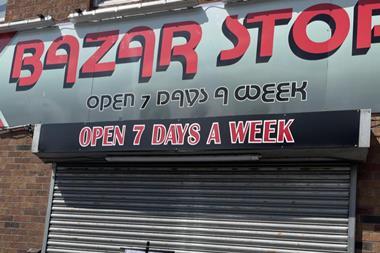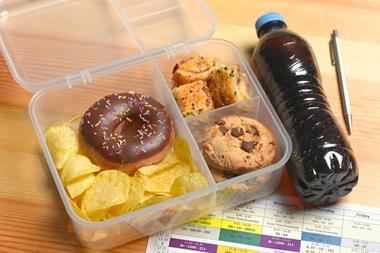High street stores step up under-age knife sales prevention

High street retailers are demonstrating an improved commitment to clamp down on under-aged knife sales, new age-check audit data from Serve Legal suggests.
ALREADY HAVE A REGISTERED USER ACCOUNT? PLEASE LOG IN HERE
To read the full story join the ConvenienceStore.co.uk community today!
Registration is quick and easy and provides access to:
- Unlimited ConvenienceStore.co.uk articles
- Our great range of newsletters
- Content you’ve saved for later via the ‘my library’ feature
And much more…





























